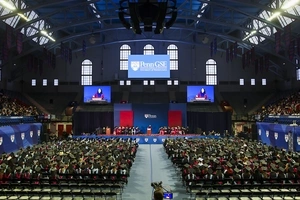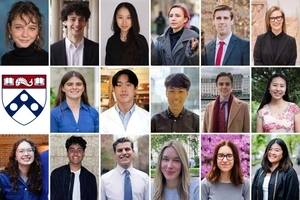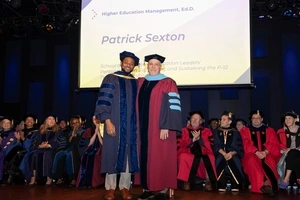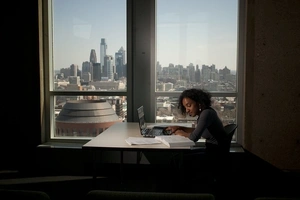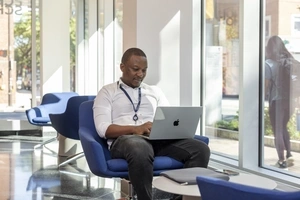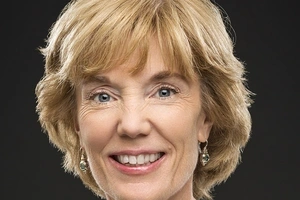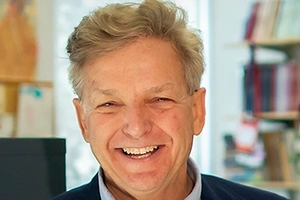Upcoming Events
-
Time: 12:00 pm - 1:00 pm | Location: Online
-
Time: 9:00 am - 10:00 am | Location: Online
Ask the Expert
-
Report commissioned by the Midwestern Higher Education Compact recommends reliable funding and targeted outreach.
Penn GSE News
Want to keep up with all that is happening at Penn GSE? Subscribe to our biweekly newsletter featuring updates, upcoming events, and faculty media engagements.

Penn GSE Magazine
A Worldwide Web
